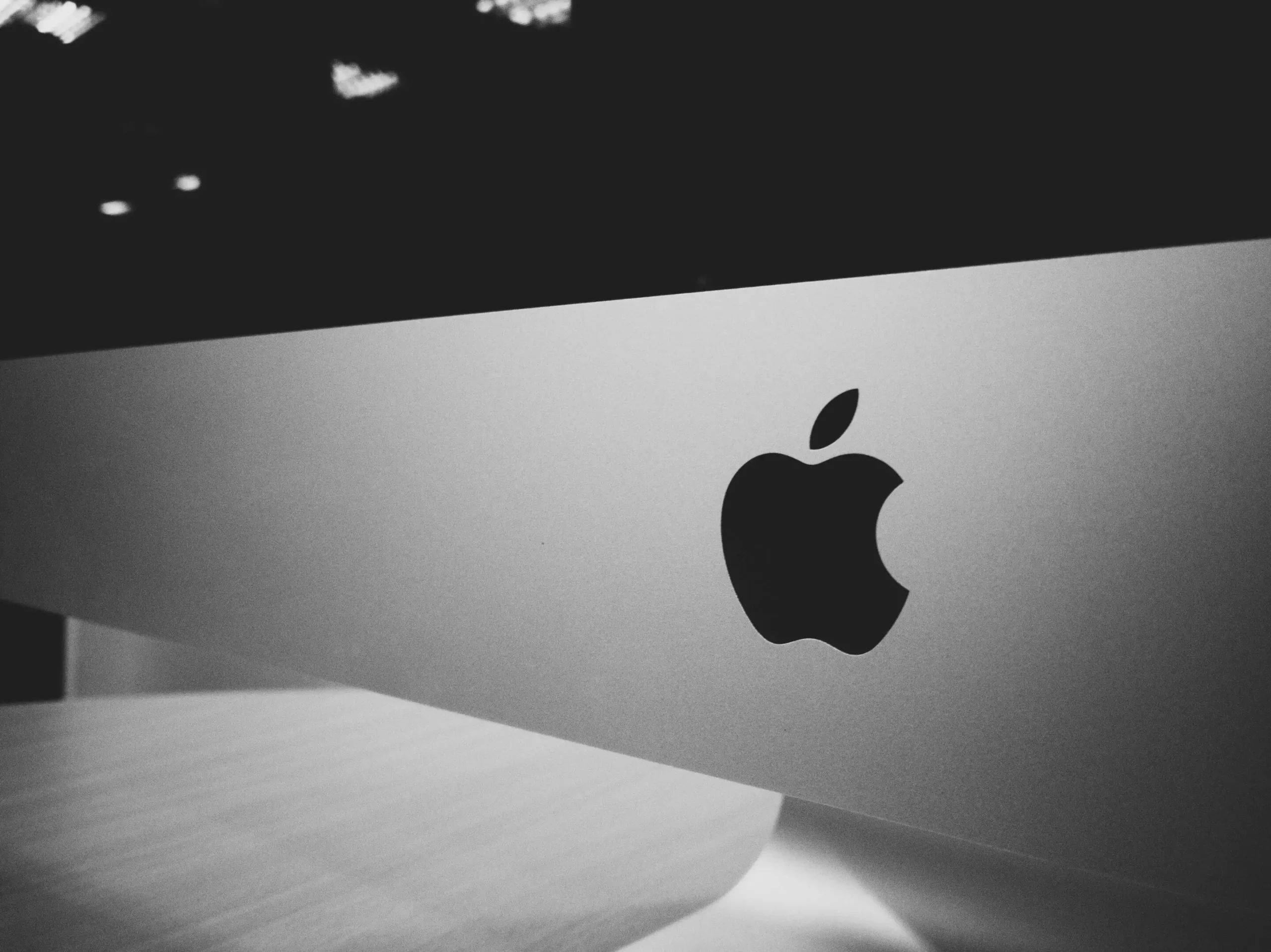The recent lawsuit filed by Justina Jong and Amina Salgado against Apple has shed light on the ongoing issue of gender pay disparity in the tech industry. The lawsuit alleges that Apple systematically underpaid more than 12,000 women in various departments, including engineering, marketing, and AppleCare. The case highlights the challenges faced by female employees in Silicon Valley, where male-dominated workplaces often perpetuate unequal pay practices.
Justina Jong’s discovery of being paid significantly less than a male colleague who performed the same job role came as a shock. The revelation, found on an office printer, exposed the stark discrepancy in compensation between male and female employees at Apple. Despite being employed at the company for over a decade, Jong was consistently paid less than her male counterparts. Similarly, Amina Salgado, an AppleCare manager, also came forward with complaints of gender-based pay discrimination. The lawsuit seeks to hold Apple accountable for its discriminatory practices and secure back pay for the affected employees.
The lawsuit against Apple underscores the broader issue of gender inequality in the technology sector. Companies like Google have faced similar challenges, with accusations of underpaying female employees and limiting their career advancement opportunities. The legal action taken by Jong and Salgado serves as a catalyst for change in addressing the systemic barriers that prevent women from receiving equal pay for equal work. The case also highlights the role of legislation in combating wage discrimination, such as California’s ban on inquiring about salary history during the hiring process.
The consequences of Apple’s discriminatory practices extend beyond financial losses for female employees. The lawsuit points out that pay differentials result in slower career progression for women, as raises are often based on a percentage of base salary. Additionally, the company’s subjective criteria for identifying and rewarding “talent” may further disadvantage female workers. By perpetuating a culture of unequal pay, Apple not only undermines the talents and contributions of its female employees but also hinders the overall progress toward gender equality in the workplace.
The lawsuit against Apple calls for a change in the company’s pay practices to ensure gender equity in compensation. By seeking class-action status and back pay with interest for affected employees, Jong and Salgado are advocating for fair treatment and equal opportunities for women at Apple. The case also emphasizes the importance of transparency and accountability in addressing pay disparities and challenging discriminatory norms within the tech industry. Moving forward, it is essential for companies like Apple to prioritize diversity, equity, and inclusion initiatives to create a more inclusive and equitable work environment for all employees.
The lawsuit against Apple serves as a reminder of the ongoing battle against gender pay inequality in the tech industry. By exposing discriminatory practices and demanding accountability, employees like Justina Jong and Amina Salgado are driving meaningful change and advocating for gender equity in the workplace. It is crucial for companies to take proactive measures to address pay disparities, promote diversity and inclusion, and create a more equitable work environment for all employees. Closing the gender pay gap requires collective action, commitment, and a shared vision of fairness and equality in the workplace.


Leave a Reply